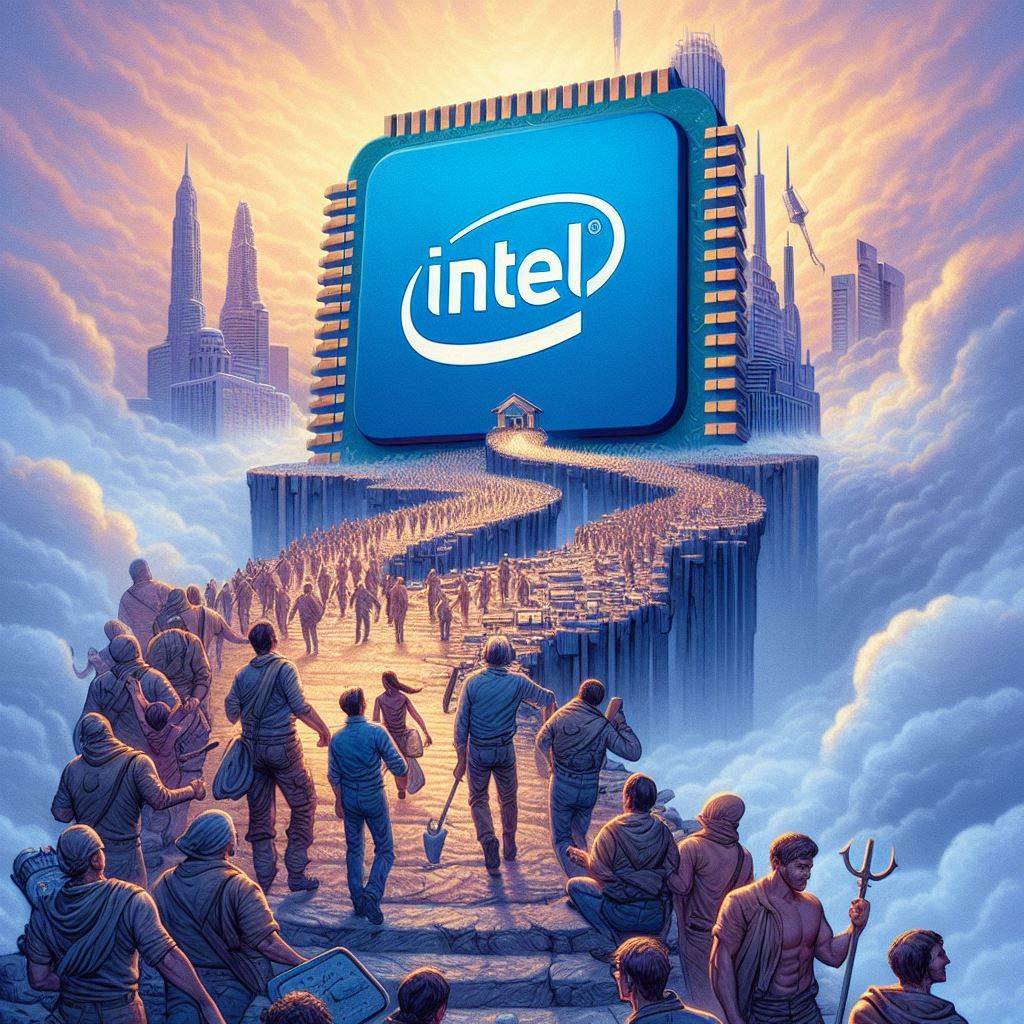
In a revelation that underscores the challenges facing U.S. chip giant Intel, it has emerged that the company had a significant opportunity to invest in OpenAI, the now-prominent AI research organization. Around seven years ago, during the nascent stages of generative artificial intelligence, Intel had the chance to acquire a 15% stake in OpenAI for $1 billion in cash, according to sources with direct knowledge of the discussions.
From 2017 to 2018, executives from Intel and OpenAI explored several potential collaboration models, including an option where Intel would acquire an additional 15% stake by providing hardware to OpenAI at cost. These negotiations ultimately fell through. Then-CEO Bob Swan was reportedly skeptical about the near-term commercial viability of generative AI models and doubted the potential return on investment, leading to Intel's decision to withdraw from the deal.
OpenAI had been keen on securing investment from Intel to reduce its dependence on Nvidia’s chips and to build its own infrastructure. However, resistance from Intel's data center unit, which was reluctant to produce hardware at cost, further impeded the deal.
Neither Intel nor OpenAI have publicly commented on these negotiations. Intel's missed investment in OpenAI, now valued at approximately $80 billion after the launch of ChatGPT in 2022, adds to a series of strategic missteps that have seen the company lose its edge in the AI era.
Intel, once a dominant force in the computer chip market, has struggled to keep pace with AI advancements. Its recent second-quarter earnings report triggered a dramatic decline in stock value, marking its worst trading day since 1974. For the first time in three decades, Intel’s market capitalization has fallen below $100 billion. This decline is stark in comparison to Nvidia, now valued at $2.6 trillion, which has successfully pivoted to AI chip production, and AMD, valued at $218 billion.
In response to questions about its AI strategy, Intel pointed to CEO Pat Gelsinger's statements highlighting the upcoming third-generation Gaudi AI chip, expected to launch in the third quarter of this year, and the next-generation Falcon Shores AI chip, slated for late 2025. Gelsinger emphasized that the Gaudi chip would outperform competitors and mentioned that Intel has secured "20-plus" customers for its second and third-generation Gaudi chips.
Intel's decision to pass on investing in OpenAI reflects broader strategic challenges that have seen the company struggle to regain its footing in the rapidly evolving tech landscape. As the AI sector continues to grow, Intel’s ability to adapt and innovate remains critical to its future success.